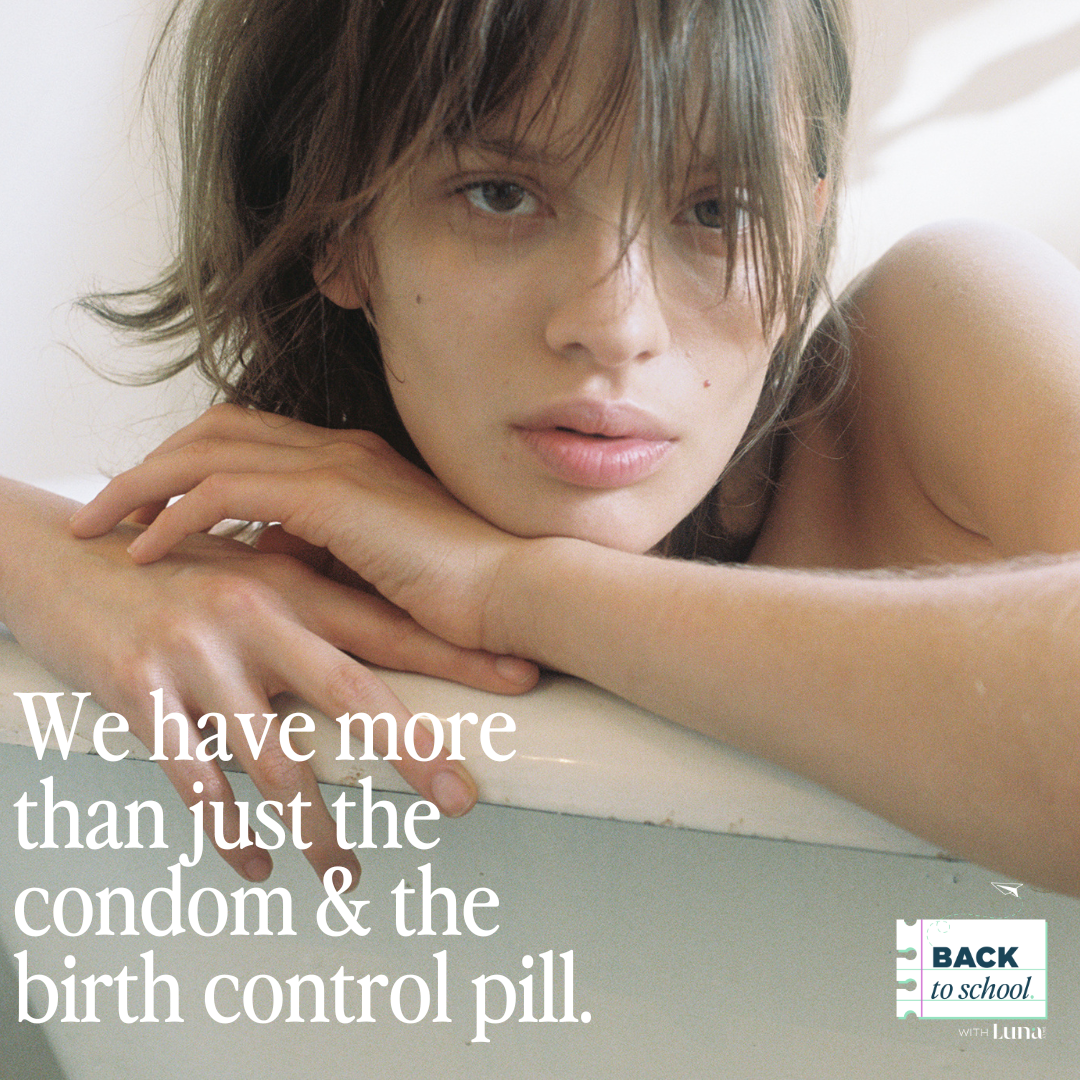Dr. Cheruba Prabakar is a US-based board certified OB-GYN and nationally certified menopause practitioner. She treats women across a range of conditions from heavy periods to endometriosis, and infertility. Cheruba is one of the incredible women in our Luna Daily Collective and so we had the chance to chat with her about what she believes we should have all been taught in Sex Education.

I’m not sure what you remember about “sex-ed”, but for me, it was all about condoms and HIV. That pretty much sums up that hour. Yes, just one hour. Lots of giggles, embarrassed looks, and topics that no one really wanted to talk about. But why? As a gynecologist, I am often shocked to find out that even adult women have a very superficial understanding of their anatomy. Having a more robust sex-ed curriculum empowers individuals with the knowledge they need to make safe decisions about their bodies–throughout the course of their lives. Here are the top five topics that I think should be covered:
BASIC ANATOMY - No references to your “hoo-haa” or “parts down there,” but actually using proper terminology. We could even just start with vulva, vagina, and urethra. Where are they located? What are their functions? How are they related to each other? A plush model will help, and is something I use in my office all the time for basic education.
ALL ABOUT HPV - Human Papilloma virus is the silent cause of cervical cancer, the #1 cancer that kills women worldwide. HPV causes change in the cervix, leading to so much anxiety for women in the 20’s, 30’s, and 40’s. Many women end up with cervical procedures that can affect their ability to carry a child to term. We should be telling all our young boys and girls about HPV, how it’s spread, and how we can prevent it including getting vaccinated.
COMMON STDS - HIV was the biggest scare and the most talked about in the 80’s, 90’s, and early 2000’s, but what about more simple diseases like gonorrhea and chlamydia? Most young folks have probably not heard these. In the U.S, we routinely test young women for them until age 26.
MENSTRUATION - What is normal? How long should a period last? What kind of symptoms can you expect? When should you see a doctor? Too many young women have been slapped with a birth control pill and have coasted for years with a seemingly “normal” period. When they finally get off the pill, they face a variety of issues and are left confused and frustrated. Many also miss school due to very heavy periods and assume it’s normal. Let’s educate them!
CONTRACEPTION - We have more than just the condom and the birth control pill. SO much more. A thorough explanation of the various contraceptive options and some of the additional beneficial side-effects (like a lighter period), should be emphasized. Some of these options may enable young women to have a more fulfilling academic and social life due to lighter and less painful periods as well as preventing unintended pregnancies.

Have you taken our Back to School quiz yet? Discover the education we should've had here.




